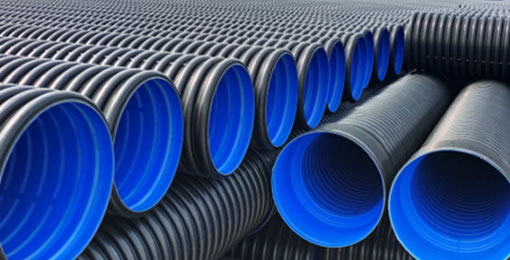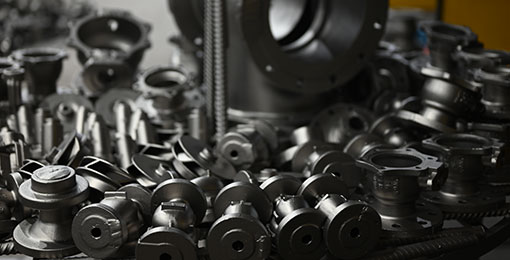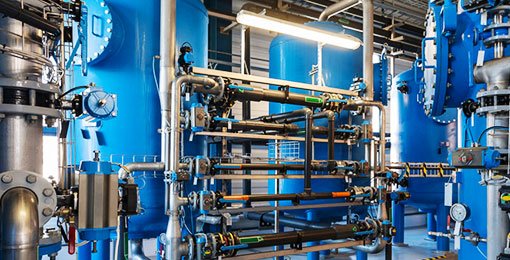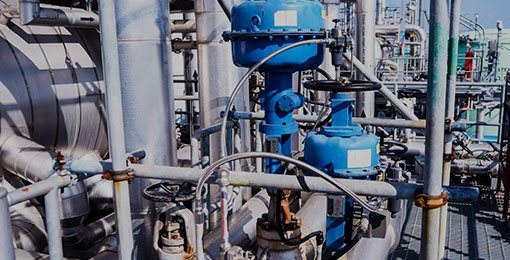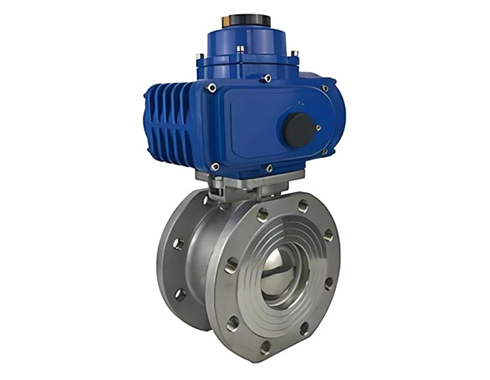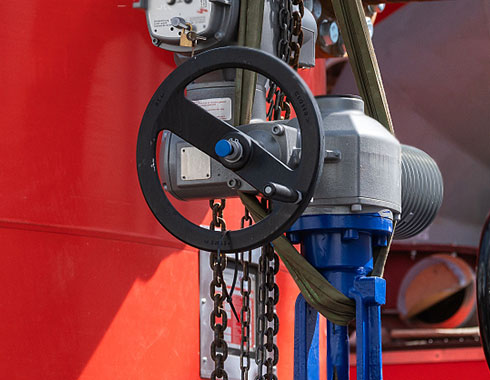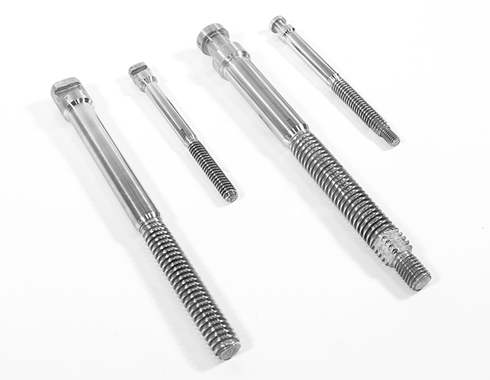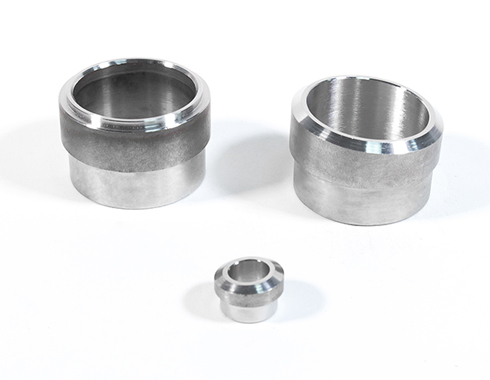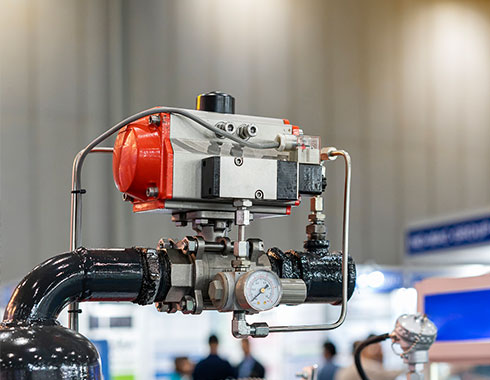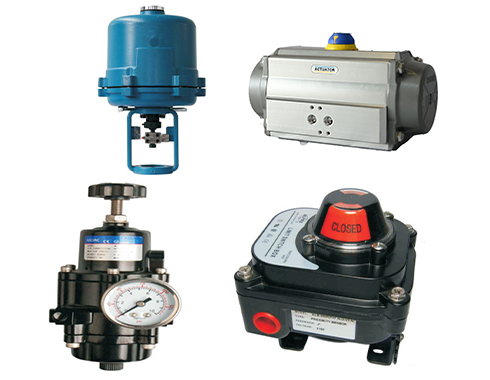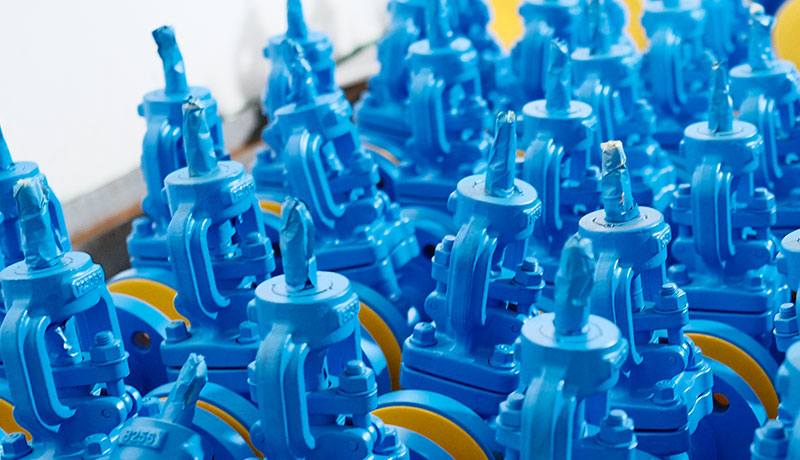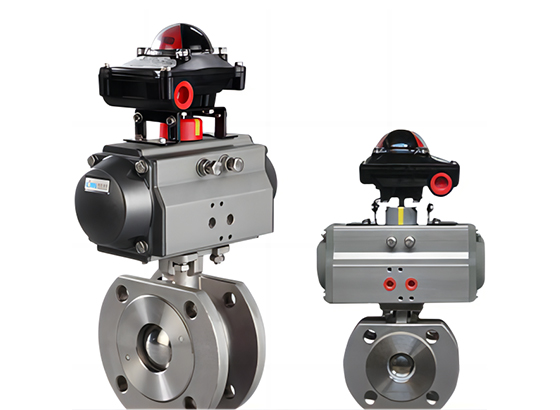Why choose Lipin Thin Ball Valve
Designed for efficient operation in tight Spaces, thin ball valves offer numerous advantages in a variety of applications. The main reasons for choosing Lipin thin ball valve are as follows:
-
Compact design
Thin ball valves are ideal for installations where space is limited and for tight piping systems and machinery with minimal clearance.
-
Reduced operating torque
The slim design reduces the torque required to operate the valve, allowing for smaller, more cost-effective actuators.
-
Enhanced safety features
Our thin ball valves include an anti-ejection mechanism that prevents the stem from being ejected from the body due to improper operation, resulting in increased operating safety.
-
High quality materials
We offer a wide range of corrosion and high temperature resistant materials. Our products include not only traditional carbon steel, but also advanced materials such as Inconel and Monel, ensuring durability in harsh conditions.
-
Wide range of applications
Lipin's thin ball valves are adaptable and suitable for many industries such as natural gas, chemical processing and power generation.
-
Excellent customer support
Lipin offers a complete range of valve solutions and provides outstanding customer service. We also offer a two-year warranty on our products. Contact us for a customized plan that meets your specific requirements.

